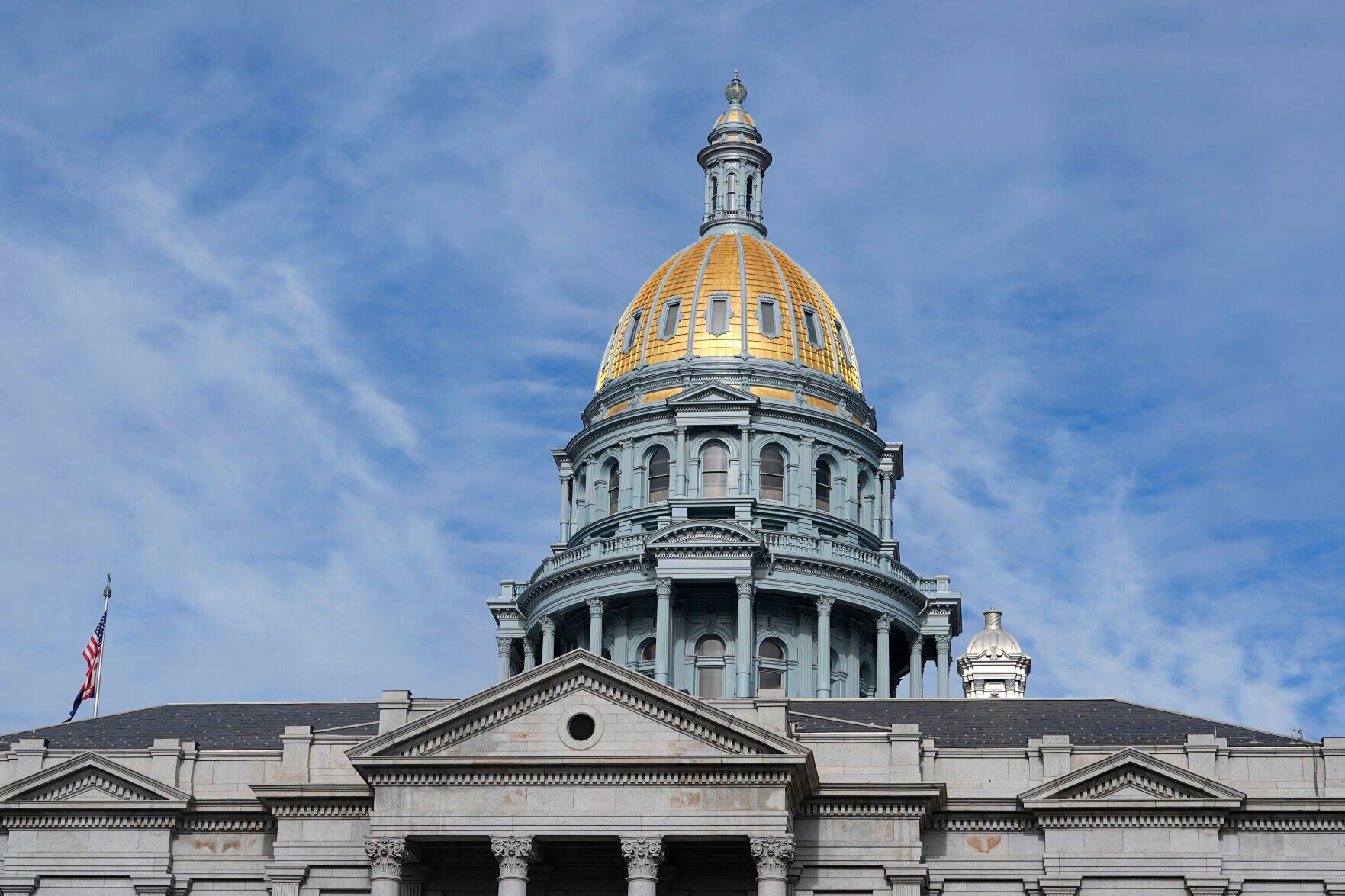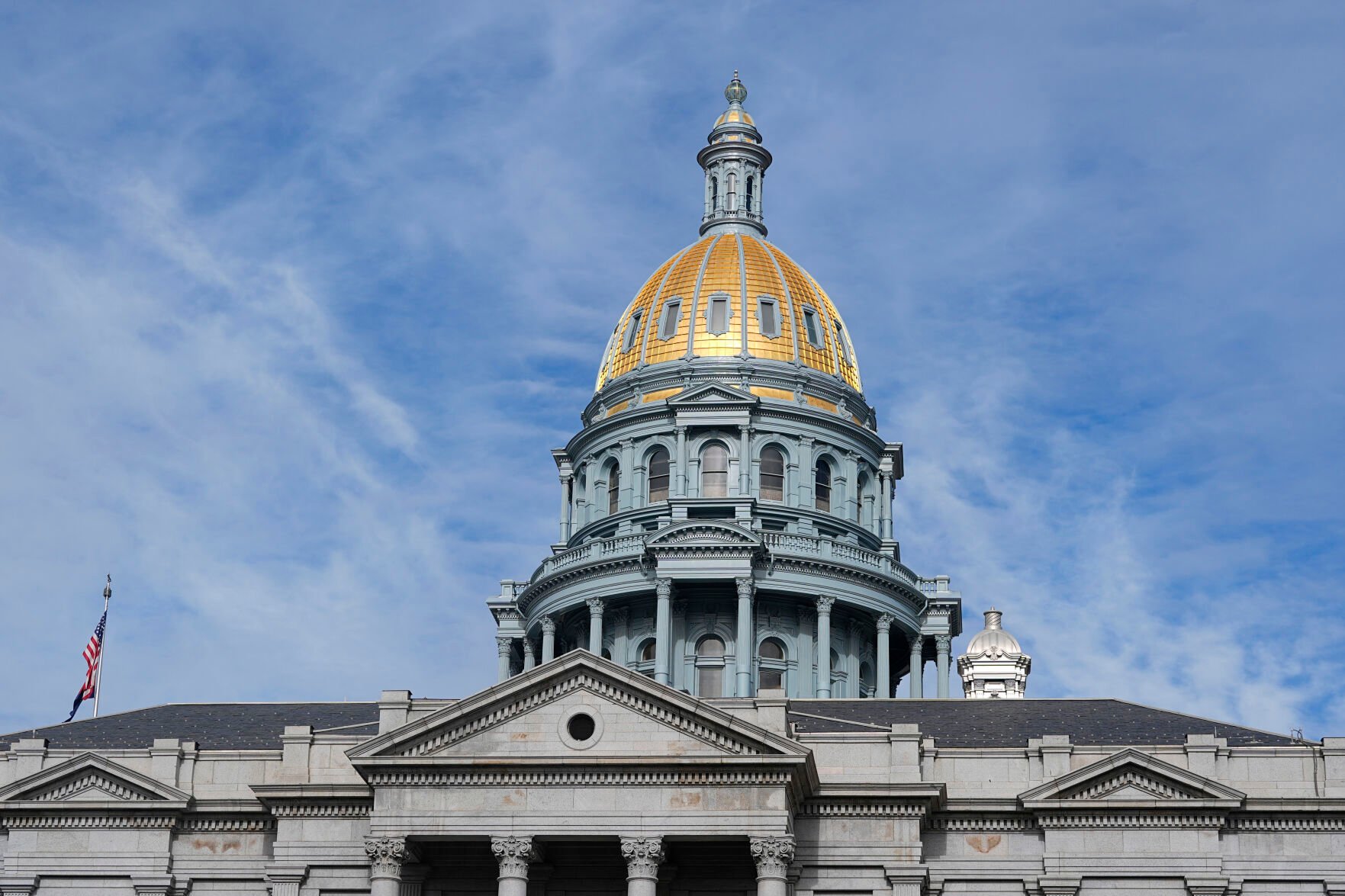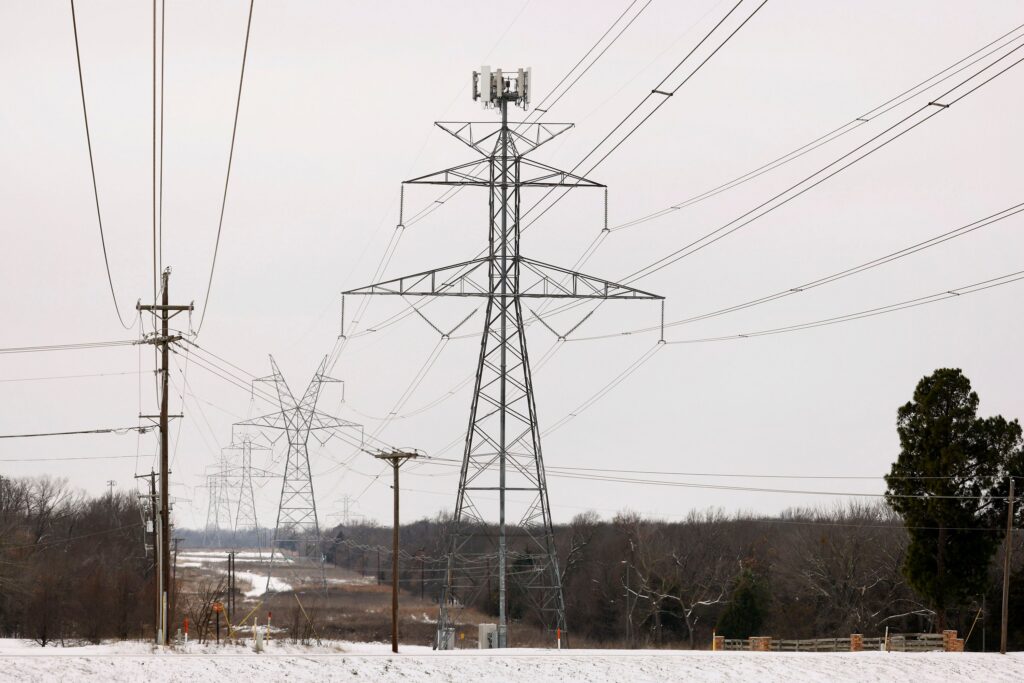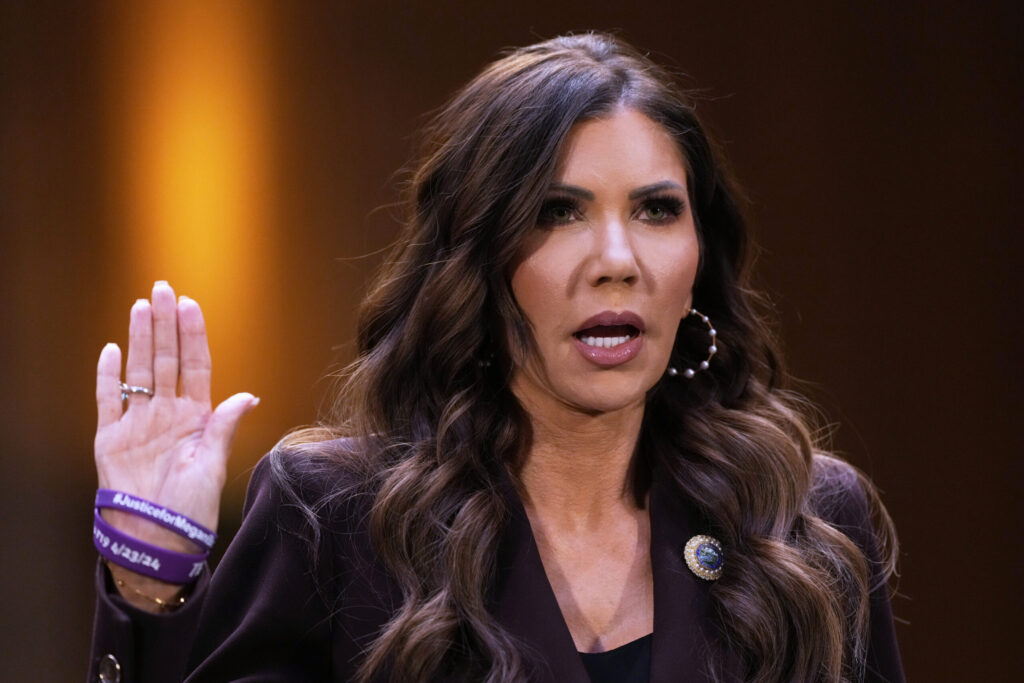Lawsuit alleges Colorado lawmakers suppressed free speech on transgender name change bill

A group has filed a federal lawsuit against Colorado lawmakers, alleging they suppressed – during public hearings – the free speech of those opposed to a bill that would provide a specific avenue for transgender individuals convicted of felonies to legally change their name.
Critics of the measure argued that the bill would put the rights of criminals to self identify above the rights of victims and the public to be able to track or be aware of someone’s criminal record. They also earlier said the bill should not be named after a felon, even as they raised public safety concerns.
Supporters countered that changing the name would not affect a felon’s criminal record, maintaining that will continue to follow the person, as a Social Security number does not change nor do fingerprints. They also accused critics of fear-mongering.
People often use provided names to search for individuals’ records, as few immediately have access to Social Security numbers or fingerprints. For example, a court record search often requires a case number, assuming that’s known, or the name of the company, a party to the case, or the attorney bar number.
Filed on Thursday on behalf of Gays Against Groomers and the Rocky Mountain Women’s Network, the lawsuit from the Institute for Free Speech seeks to prohibit Colorado lawmakers from enforcing speaker restrictions against using “misgendering” and “deadnaming” language when referring to transgender individuals.
“Misgendering” refers to assigning the wrong gender to someone and “deadnaming” means using an individual’s birth name, rather than the name the person adopted as part of the gender transition.
“Defendants – Colorado Legislators and proponents of transgender ideology – are abusing their authority to put a thumb on the scale of the public’s debate about transgenderism,” the complaint said.
“They have prescribed how critics of transgenderism must present their views during the public-testimony portion of committee hearings before the Colorado Legislature by prohibiting ‘misgendering’ or ‘deadnaming’ and otherwise requiring citizens to express fealty to transgender ideology under the guise of ‘civility’ or ‘decorum,'” the complaint added.
Endel “Dell” Kolde, lead attorney for Gays Against Groomers and the Rocky Mountain Women’s Network, said speakers in support of the bill were permitted to provide testimony – but not his clients.
“We’re just asking for equal treatment,” Kolde said.
Testifying at a legislative hearing affords citizens the opportunity to express their views on proposed legislation and to have their opinions incorporated into the legislative record.
Under Colorado law, a person convicted of a felony must show “good cause” to legally change a name to one different than the one the individual was convicted under. If approved and signed into law, the bill would include gender identity as a good cause reason for a name change. The court retains the ability to grant or not the name change request.
The bill has been dubbed “Tiara’s Law” after Tiara Latrice Kelley, a transgender drag queen and Club Q performer who owns Latrice Kelley Productions, a Denver company that produces LGBTQ+ events.
An open-source report shared with The Denver Gazette said Kelley has been convicted multiple times in Florida under the legal name “Duane Powell” for a variety of infractions, including cocaine distribution, domestic abuse, exposing genitalia, prostitution, forgery, providing false information to police and driving without a valid license.
‘This does allow people to hide their past’
Opponents of the bill argue that to change an individual’s legal name without their criminal history following them could put the public – particularly women and children – at risk, depending on the crime.
Christina Goeke, founder of Rocky Mountain Women’s Network and a critic of expanding transgender rights, said she opposes making legal name changes easier for transgender individuals convicted of felonies.
“It puts the public in more danger because we don’t give each other Social Security numbers, we give each other names,” Goeke said.
Rocky Mountain Women’s Network describes itself as a group that works to protect women and girls’ “sex-based rights to female-only sports, spaces and resources.”
Rich Guggenheim, a Colorado member of Gays Against Groomers, echoed that sentiment.
Given the political climate around transgender rights and gender-affirming care, Guggenheim said he is also concerned – as a gay man – about protecting the LBTBQ+ community.
“Our big concern is the fact that this does allow people to hide their past,” Guggenheim said.
Created in 2022, Gays Against Groomers is a nonprofit organization comprised of “gays against the sexualization, indoctrination and medicalization of children,” according to the group’s Instagram page.
The organization is known for campaigning against “gender-affirming care” – which includes social, psychological or medical interventions for transgender individuals, such as hormone therapy and surgical procedures – for minors and criticizing Drag Queen Story Hour events.
“I don’t want people to think that this is an attack on transgender people; it is not,” Guggenheim said.
Lawmakers prevented both Goeke and Guggenheim from speaking during House and Senate Judiciary Committee meetings in January and March because they had used a male pronoun for Kelley, the complaint said.
Portions of Goeke’s testimony – the complaint said – were scrubbed from the official audio recording of the Senate hearing.
The complaint lists as defendants some of Colorado’s most progressive lawmakers, including state Rep. Leslie Herod, D-Denver, the first openly gay African-American to be elected to Colorado’s state legislature and a member of the House Judiciary Committee. Also named as defendants are Rep. Mike Weissman, chair of the House Judiciary Committee, and Rep. Lorena Garcia, also a Judiciary member.
Also sued were Sen. Dafna Michaelson Jenet and Sen. Julie Gonzales. Garcia and Michaelson Jenet are sponsors of the bill.
The lawsuit said that, during the hearing, Goeke “attempted to keep speaking, but Chair Weissman, at Herod’s urging, had prematurely terminated Goeke’s speaking time.”
At its core, the lawsuit claimed that Weissman adopted a set of rules for the hearing espoused by Gonzales, who had urged people against “using derogatory language or misgendering witnesses, or using a witness’s deadname.” Those ad hoc rules effectively prevented critics from giving their testimony. The lawsuit said Goeke “did not get all the way through her presentation before being repeatedly interrupted by Defendant Weissman for violating Defendants’ customs, practices, or policies against deadnaming, misgendering, and using allegedly ‘derogatory’ or ‘disparaging’ language about another person.”
In contrast, the lawsuit said, speakers “representing pro-trans viewpoints were able to give their testimony without being interrupted, having their time limited or terminated, or being excluded from the hearing.”
The Denver Gazette reached out by phone and email to all the defendants on Friday, but none responded.
On March 1, Republicans and Democrats clashed over the bill in the state House.
During that debate, Rep. Ryan Armagost, R-Berthoud, said the bill “chooses the wrong victims: the perpetrators of crime, not the actual victims.”
People should not have to live under the shadow of their mistakes, countered Rep. Brianna Titone, D-Arvada, who is transgender.
“People are being harmed” for saying they want equal protection under the law, said Assistant Majority Leader Jennifer Bacon, D-Denver, who added that there is no greater individual thought than the right to self-determination and to name oneself.
Government cannot control how someone wants to be identified, she said.
This bill does not allow anyone to hide, Rep. Lorena Garcia, D-Westminster, also insisted.
House Speaker Julie McCluskie, D-Dillon, halted the debate several times when lawmakers made comments she described as objectionable from both Republican and Democratic lawmakers.
House Bill HB 1071 has passed out of both the state House and Senate.
During this year’s regular session, which began in January, Colorado legislators have considered a number of transgender issues, including bills that would extend rights to foster children and create a Colorado Department of Education task force to examine how best to implement non-legal name change policies for students.
















